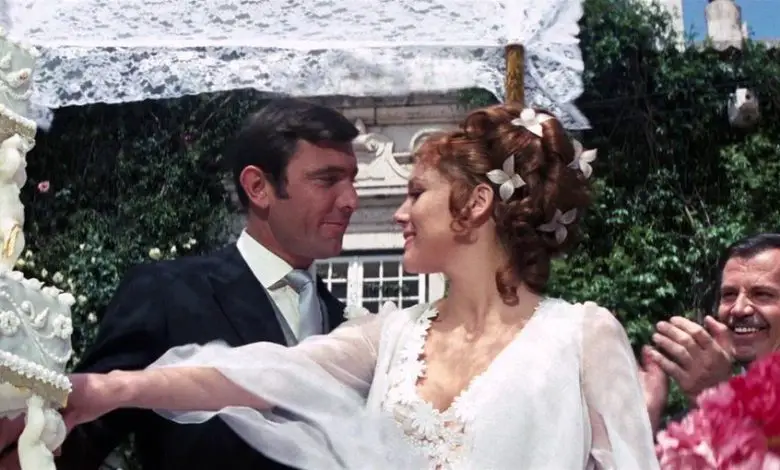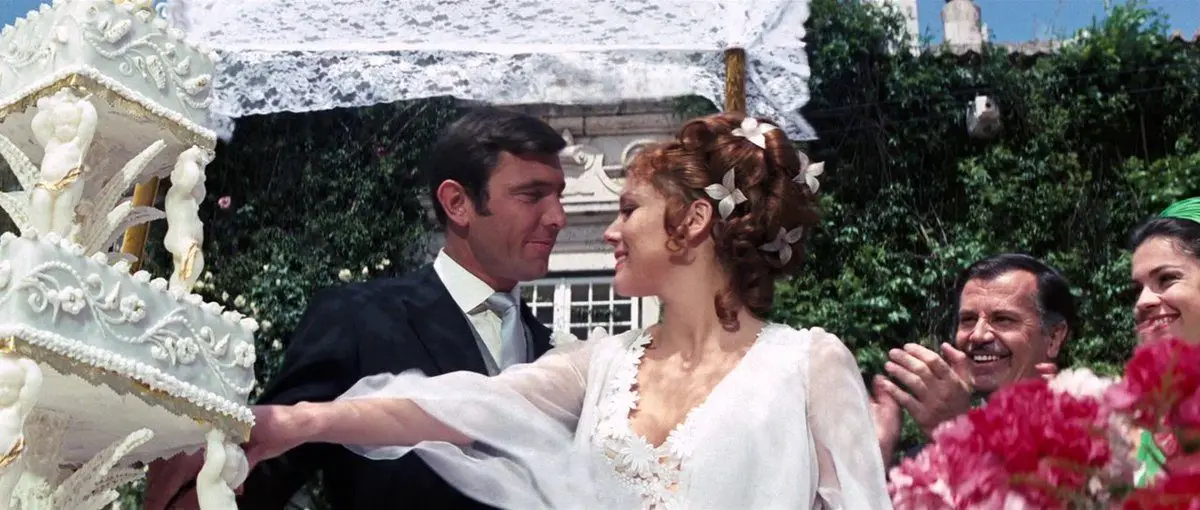A Comprehensive Guide to Officiating a Wedding Ceremony

Officiating a wedding ceremony is a meaningful and increasingly popular choice for couples who want a personal touch to their special day. Whether you’re a close friend or family member chosen to be the officiant, there are essential steps to follow in preparing for this important role. In this guide, we’ll walk you through the timeline and necessary tasks to ensure a smooth and memorable wedding ceremony.
Introduction: The Role of a Wedding Officiant
Before diving into the details, let’s clarify the role of a wedding officiant. This person is responsible for leading the wedding ceremony, working closely with the couple to prepare and perform the marriage ceremony on the big day. Planning and officiating a wedding typically requires six months to a year of preparation. One crucial question many people have is whether an officiant needs to be licensed. In a sense, yes, but it’s more about being registered with the necessary authorities. This timeline allows ample time for obtaining credentials, completing minister registration, collaborating with the couple on ceremony creation, rehearsing, and addressing logistical details.

Section 1: Nine Months Before the Wedding
Review the Registration Process: As soon as the wedding date is set, meet with the couple to discuss their ceremony expectations and any registration requirements. If registration with the local government is necessary, ensure you have copies of your credentials and complete any required applications in advance.
Get Ordained: If you’re not already ordained, this is the time to do so. Numerous online programs offer a straightforward application process for ordination. Examples include the Universal Life Church, American Fellowship Church, Rose Ministries, and Universal Ministries. The cost varies depending on your location and chosen ordination provider.
Determine if You Need to Register With the Court: After becoming ordained, ensure all required paperwork and legal formalities are completed. Some regions mandate that officiants file credentials with the local court, while others do not. Be aware of your jurisdiction’s specific requirements.
Discuss the Couple’s Vision: Sit down with the couple and go over the ceremony outline. Discuss their vision for the ceremony, as each couple may have different preferences and expectations. Create a timeline for when documents need to be ready, fees paid, and the couple’s marriage license turned in.
Section 2: Six Months Before the Wedding
Write the Ceremony: As the officiant and likely a close friend or relative of the couple, you have a unique opportunity to craft a personal and touching wedding ceremony. Incorporate sweet stories about the couple and heartfelt sentiments, but also remember to fulfill legal requirements.
Discuss Your Attire: Collaborate with the couple to determine what you should wear. Ensure that your attire aligns with the role of the wedding ceremony officiant and the overall dress code.

Section 3: Three Months Before the Wedding
Practice Public Speaking: Before the ceremony rehearsal, practice reading through your script. Make notes about pauses for emphasis, practice difficult words, and rehearse in front of a mirror to improve eye contact with the couple and the audience.
Connect with the Wedding Planner or Coordinator: If applicable, meet with the wedding planner or coordinator to discuss setup and equipment needs. Ensure you understand the ceremony flow and any specific announcements you may need to make.
Section 4: One Month Before the Wedding
Finalize the Ceremony With the Couple: Let the couple review and finalize the ceremony plan. Consider their feedback, especially for elements like the introduction and statements about the meaning of marriage and their relationship.
Rehearse the Ceremony: Practice the entire ceremony before the dress rehearsal, ensuring you are familiar with where to stand, pacing, and other essential details. Coordinate ceremony timing and cues with the DJ or musicians. Confirm if the couple prefers an unplugged ceremony.
Section 5: The Day Before the Wedding
Attend the Wedding Rehearsal: Triple-check that all preparations are in order, especially if additional unity ceremonies are planned. Ensure you have the necessary items ready, such as matches, a lighter, or a table for specific rituals. Clarify who will handle the rings.
Review the Marriage License Together: Go over the marriage license with the couple, ensuring they understand the filing process. Ensure that the marriage license is returned as per the instructions provided.
Section 6: The Day of the Wedding
Perform the Ceremony: On the wedding day, have your ceremony script on hand, along with extra copies. Carry copies of the couple’s vows and any readings that are part of the ceremony. Stay calm and confident as you guide the ceremony, remembering that you were chosen for this role with care and love.
Sign the Marriage Certificate: After completing your duties, sign the marriage certificate. Depending on local regulations, the couple and two witnesses may also need to sign it. Submit the marriage certificate to the appropriate county authority to make the marriage official.
By following this comprehensive guide, you can ensure that officiating a wedding ceremony is a rewarding and successful experience, creating cherished memories for the couple and their loved ones.








